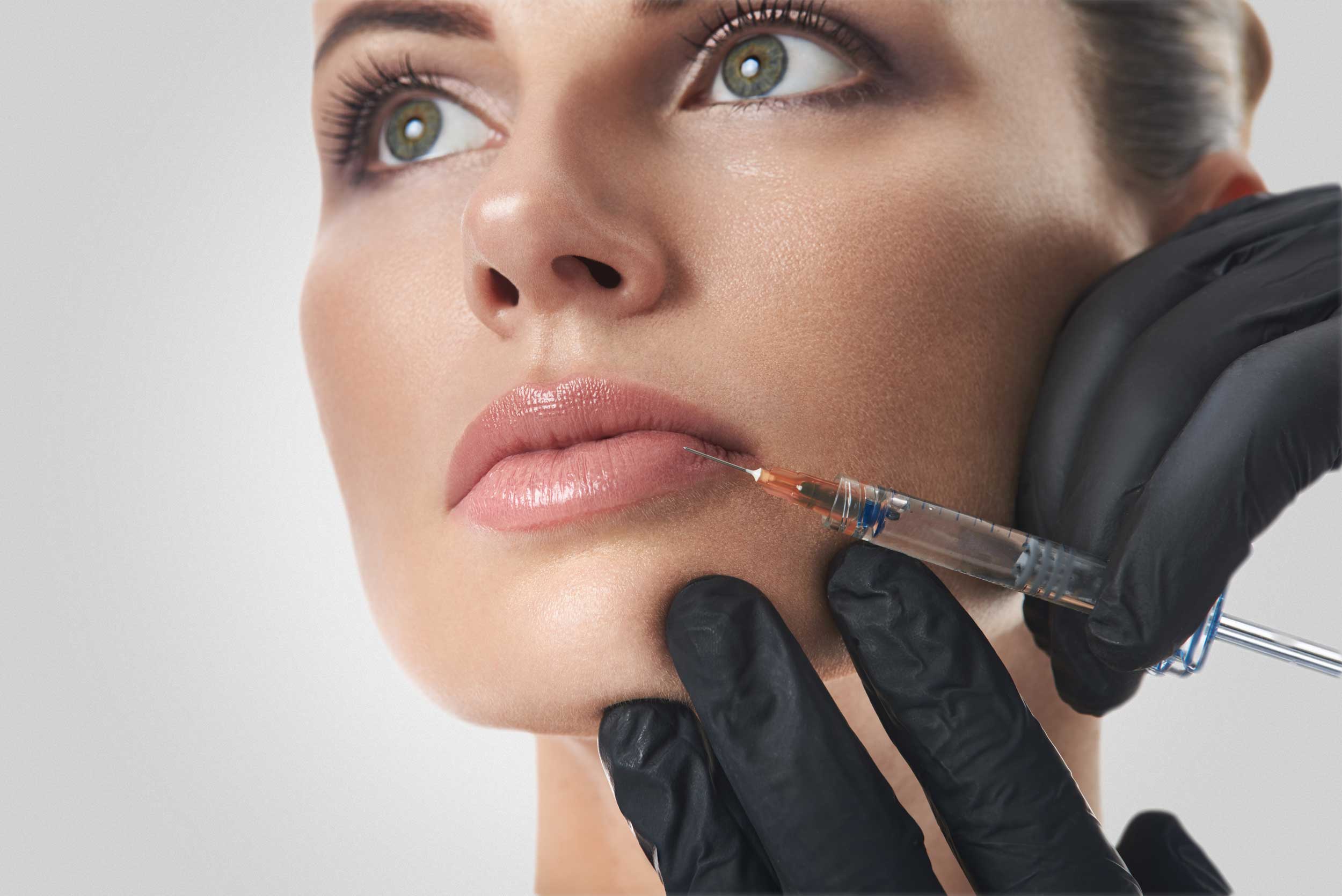
Dermatologists are trained to diagnose, treat, and manage conditions affecting your skin, hair, and nails. From addressing concerns like acne and eczema to identifying skin cancer early, dermatologists provide specialized care. Building a strong relationship with your dermatologist may help you create a proactive plan for lifelong skin health. Here’s how to cultivate that relationship effectively:
Schedule Regular Visits
Making regular appointments with your dermatologist helps build a strong foundation for your skin health. Since skin requires ongoing care, these visits let your dermatologist monitor any changes over time and catch issues early. Scheduling visits, such as annually or semi-annually, creates opportunities to address concerns before they become serious.
Routine checkups also give you a chance to update your dermatologist about your skincare routines and discuss new treatments. These regular visits keep you informed about the latest treatments and skincare products. Since dermatology advances quickly, frequent communication makes sure you’re up-to-date with modern skin health approaches.
Check Moles and Freckles
Seeing your dermatologist regularly provides skin cancer screenings. Detecting skin cancer early can lead to more effective treatment outcomes. During these visits, your dermatologist may check your skin for unusual moles, growths, or changes in freckles. These screenings are especially needed if you have fair skin, a history of sunburns, or a family history of melanoma.
The process is simple, non-invasive, and is typically quick. If anything suspicious is found, further tests or biopsies may be needed to determine if it’s benign or malignant. To prepare, note any changes you’ve noticed on your skin, such as new spots or growths. This helps make sure nothing is overlooked. Even if everything looks normal, these appointments can help ease any concerns about your skin.
Try Cosmetic Services
Your healthcare provider doesn’t just treat medical issues; they also offer services to improve your skin’s appearance. Cosmetic dermatology includes treatments like chemical peels, Botox, and laser treatments. While these procedures are optional, they can help address concerns such as wrinkles, uneven texture, and acne scars.
If you’re interested in cosmetic dermatology, talk openly about your goals and preferences. Your dermatologist can recommend options based on your needs, looking at factors like your age, lifestyle, and skin type. Someone showing early signs of aging might consider injectable treatments, while someone else may want to improve skin pigmentation with laser therapy.
Some treatments require little to no downtime, while others need careful aftercare. Knowing what to expect and understanding the process can help you make informed decisions that meet your goals. Whether you want to target a specific concern or simply keep your skin smooth, discussing your options with your dermatologist can help you use their expertise.
Visit a Dermatologist
Building a lasting relationship with your dermatologist starts with taking that first step to schedule an appointment. Whether you’re interested in managing chronic skin conditions, ensuring good skin health, or exploring cosmetic enhancements, connecting with a dermatologist equips you with professional guidance tailored to your needs. Routine visits help you stay proactive about your skin’s health. A strong partnership with a dermatologist fosters trust, open communication, and a shared commitment to long-term care. Take control of your skincare routine today by reaching out to a dermatologist near you.





